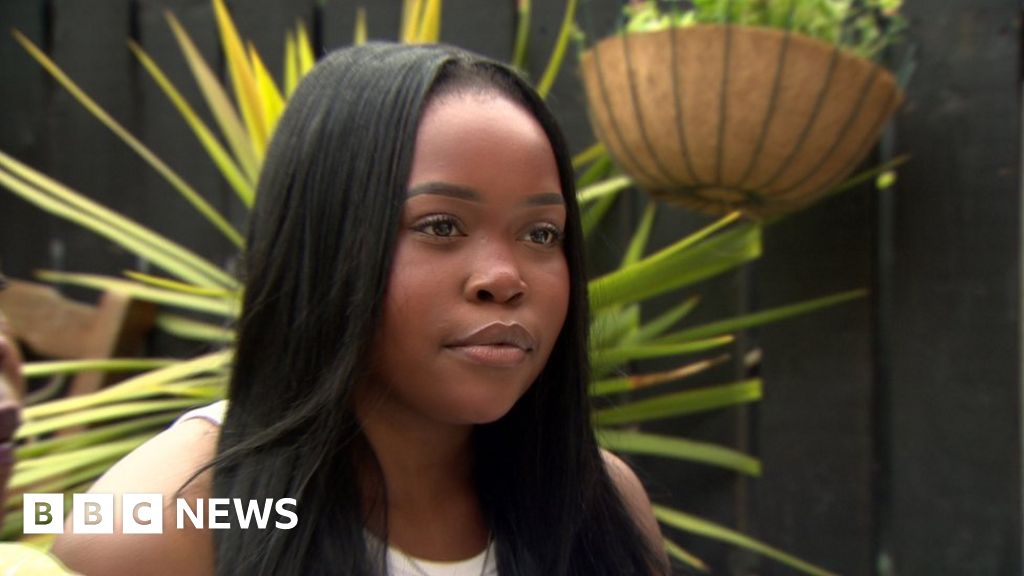
I think this conversation should be more nuanced than comparing it in general to all challenges of books for content of any kind. This particular kind of content in this particular context needs some consideration.
Imagine you are a member of a minority group living in a culture in which people like you were enslaved and murdered by people like most of the others in the classroom (not in reality, but because of a social construct invented by people like most people in the class to serve people like most people in the class). There is one word in particular whose utterance immediately calls this traumatic history into focus like nothing else. You are assigned a book to read in which characters who do not care in the slightest about this history of terror use it regulalry because it was overwhelmingly common during the time it was written not to consider people like you fully human. No one else in the class now cares at all other than the few other students like you, who know they will be harassed if they express being uncomfortable with liberal reminders of an awful past which many still overlook or dismiss. Some of the other students appear to prefer this period of time when things were less “woke.”
If you were in that situation, would you want to read that book and participate in discussions about it? I’m not even asking whether you would want to ban it, but wouldn’t you consider options other than to ignore the issue altogether?

I remember Michael Gove wanted to remove Steinbeck from the curriculum several years ago as he felt it should have more focus on British authors and not American ones.
Hopefully, this challenge also goes nowhere and it stays on the curriculum, although I’d argue The Grapes of Wrath would be a better choice.


